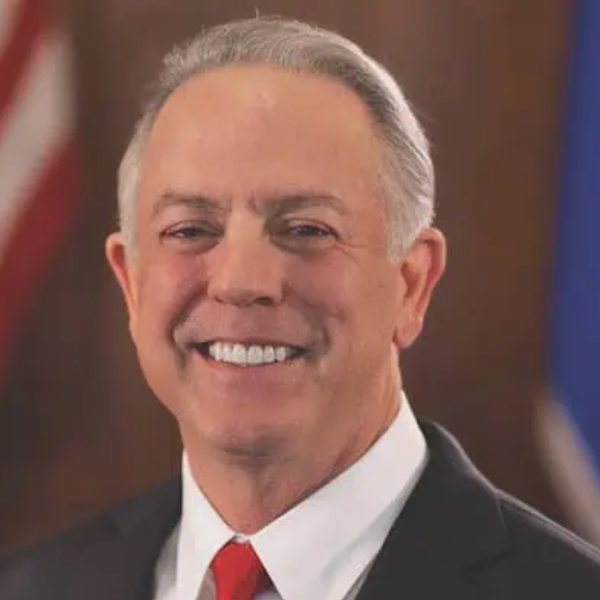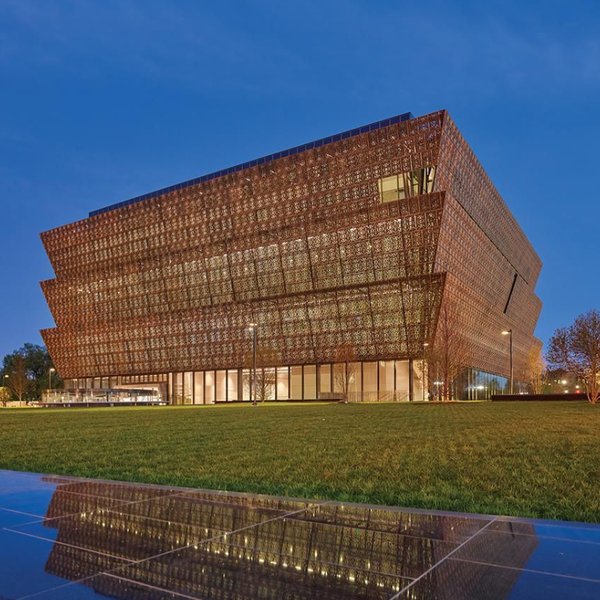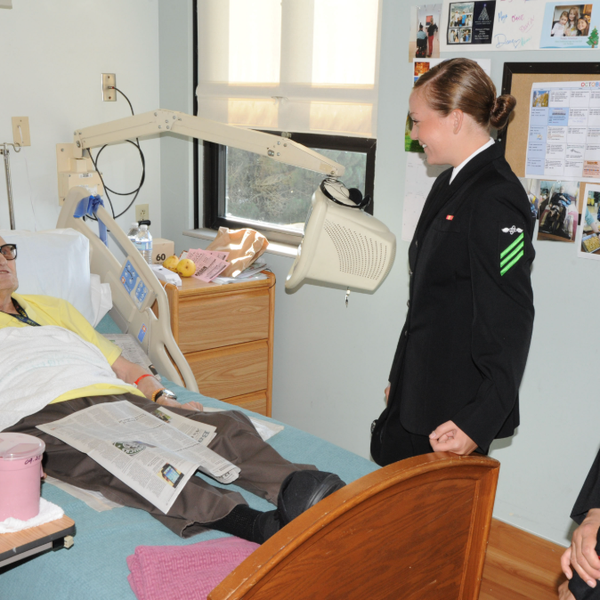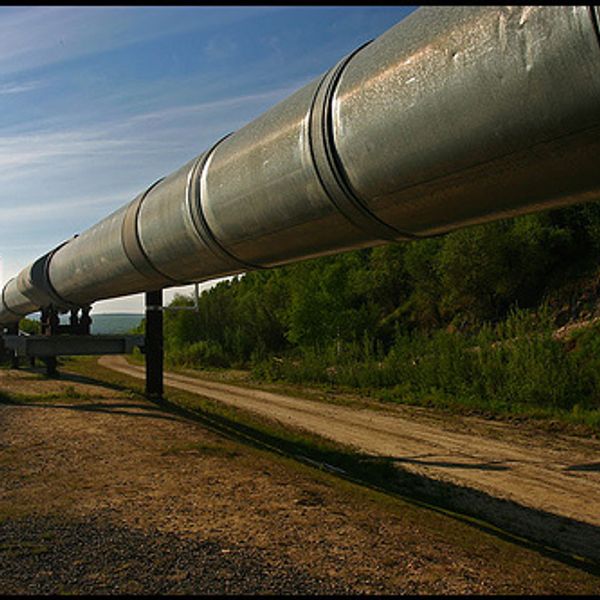Obama Strives To Shake Off Lame-Duck Label At Start Of Trip To China

By Christi Parsons and Julie Makinen, Los Angeles Times
BEIJING — Within hours of landing here on Monday, President Barack Obama took credit for the release of two Americans detained in North Korea, defended his decision to send more military trainers to Iraq, vowed to expand trade with Asia and unilaterally extended the life of U.S. visas held by Chinese students, businesspeople and tourists.
With the efficacy of his waning presidency in question, Obama began a weeklong trip to Asia and Australia seemingly bent on demonstrating the tools still at his disposal.
“We’re not going to stop speaking out on behalf of the things we care about,” Obama said, promising to use his platform to support democratic reforms in Chinese-controlled Hong Kong and around the world.
Given the international setting, Obama’s use of “we” ostensibly referred to American priorities, but his comment also sounded a note he has hit repeatedly in recent days. Since Democrats were crushed in the midterm elections last week, Obama has indicated that he sees the results as a rebuke of Washington gridlock, not his party, and has vowed to use the powers of his office to act.
His efforts will be tested by the Republican-led Congress that voters swept into control days before Obama left for China and will be disinclined to cooperate on some of his top priorities.
Yet Obama doesn’t need congressional approval to send more military trainers to help Iraqi fighters take on Islamic State militants, as he did shortly before leaving for Asia. He can also press for the release of Americans being held overseas such as Kenneth Bae and Matthew Miller, who returned home from North Korea over the weekend, accompanied by a top administration intelligence official, James Clapper.
“The president’s view is if we have an opportunity to bring two Americans home, reunite with them their families, remove the final Americans who are in detention in North Korea, that that’s an opportunity we should take,” a senior administration official said.
Many presidents in the latter days of their time in office have turned to the world stage, finding influence there even as they become less important in domestic politics.
President Ronald Reagan traveled to the Berlin Wall and called on Soviet leader Mikhail Gorbachev to tear it down. President Bill Clinton helped conclude a historic peace agreement in Northern Ireland.
“This is Obama’s chance to lead,” said Patrick Cronin, head of the Asia program at the Center for a New American Security. “He’s still the commander in chief.”
On his first day in Asia, Obama took a page from his predecessors’ playbook.
He spoke up in support of democracy protesters in Hong Kong. Even though he’s trying to work out agreements with Chinese President Xi Jinping, he told reporters, he’s not going to shy away from expressing American values.
“There are certain things the United States believes: We believe in freedom of speech, we believe in freedom of association, we believe in openness in government,” Obama said. “We don’t expect China to follow an American model in every instance. But we’re going to continue to have concerns about human rights.”
Obama doesn’t intend to stop at public rhetoric. Days ago he signaled that he still plans to reform the immigration system this year by executive order, a promise that inspired House Speaker John Boehner (R-Ohio) to warn such a move would “poison the well” with Congress.
On Monday, he ordered an immigration change of a different order – extending visas for Chinese businesspeople who hold one-year passes to enter and leave the country.
The extension means those visa-holders may now come and go for 10 years, a change American business leaders have been asking for to help open trade channels between the two countries.
Obama has also been negotiating trade deals, another priority for American businesses, but the long-sought trans-Pacific trade agreement still hasn’t come together, administration officials announced Monday.
Negotiators are “intensively engaging” to get the deal done, according to a joint statement from the countries working on the elusive agreement. “The end,” they said, “is coming into focus.”
Looked at with a longer view, the result remains hazy. After years of missed deadlines, the statements “repeats the same vague pablum about progress,” said Public Citizen’s Lori Wallach.
Obama’s ability to win a trans-Pacific trade deal may improve his standing with Republicans at the helm in Congress. GOP leaders are generally more supportive of trade pacts, and that may empower administration negotiators on other issues in the coming months.
AFP Photo/Mandel Ngan
Want more political news and analysis? Sign up for our daily email newsletter!








